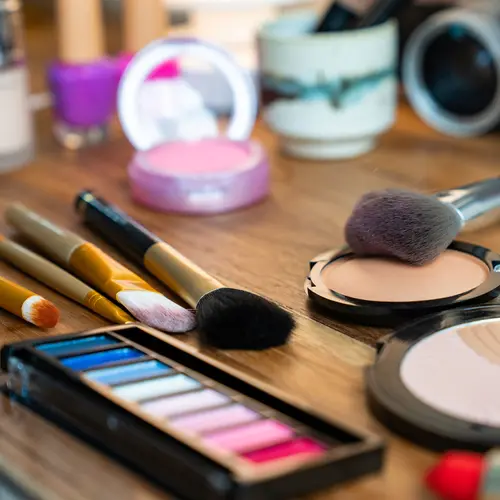Cannabidiol (CBD) is a natural compound found in Cannabis sativa plants, which include marijuana and hemp plants. Lately, there’s a lot of hype around skin products infused with CBD. You can find it in cosmetics like creams, lotions, balms, oils, face masks, shampoos, and even bath bombs.
You may have heard that CBD is good for acne, certain skin disorders, and fine lines and wrinkles. But does it really work? Is it safe to use? Ongoing studies on CBD’s uses and benefits are in early stages, so experts say there needs to be more large-scale research to know for sure.
Popular Claims on Benefits
While there isn’t in-depth research available to prove benefits for any skin conditions, scientists are looking for answers, and some early studies have shown some promise.
One small study looked at CBD’s effects on 20 people with the skin conditions psoriasis or eczema, as well as the scars they may leave. Participants used a CBD-enriched skin ointment twice daily for 3 months. They showed some improvements like reduced inflammation. No irritation or allergic reactions were reported, but the study had many limitations.
Experts say there needs to be more research on proper dosage, long-term benefits, and side effects to know if it’s safe and effective, especially if you plan to use it as part of your daily skin routine.
Potential Side Effects and Risks
CBD products in general often make misleading claims, the FDA notes. Since CBD products don’t need a prescription and are easily available, many people may think CBD is mostly harmless. But this isn’t necessarily true. According to the FDA, there are possible risks to look out for when you use CBD.
CBD, especially if taken by mouth, can damage your liver. There’s not yet information on whether CBD products can have the same effect when you apply it on your skin. For instance, it’s not clear yet how much CBD gets absorbed through your skin.
If you use CBD skin products, you may develop a rash. It could be from the CBD or other ingredients in the products you use.
If you’re pregnant or breastfeeding, the FDA warns against CBD use in all forms whether it’s a cream or an oral capsule. The FDA is studying the safety of CBD products, including cosmetics, food, and supplements.
Before you try any CBD products, make sure to read the product labels carefully for active ingredients. Even so, it can be hard to know exactly what’s in the product, including how much CBD it contains. If you have questions, talk to your doctor about it.
Is It Legal?
There are no laws against using CBD in beauty or skin care products. CBD doesn’t contain any THC (tetrahydrocannabinol) that’s found in high levels in marijuana. So you can’t get high on it. But some skin products may add THC along with CBD. Some experts find this concerning.
It’s illegal to market CBD if it’s added to foods or sold as a dietary supplement.
Experts want to see more reliable research before they recommend CBD for your skin. But if you do decide to use CBD-infused skin products and notice a reaction, tell your doctor about it. If you have skin problems, talk to a dermatologist for diagnosis and treatment options.


